As a content marketer, your job is to create engaging pieces that organically connect with readers (or listeners, or viewers… you get the gist).
This means you need to be intentional and attract the right traffic to your website—and to do that, you have to create content that actually shows up on search engine results pages (SERPs). But this is becoming more challenging today, with the rise of AI-powered search and zero-click results. The SEO landscape is undergoing a seismic shift, and it’s an adapt-or-die moment for many content creators.
To stay ahead of the curve, it helps to know a bit about the technology underpinning these latest developments, such as NLP SEO. Below, we explore the nuances of natural language processing (NLP)—one of the core technologies driving the evolution of search engines and content discovery—and how NLP and SEO work together.
What is Natural Language Processing? Let’s Review the Basics
NLP is a branch of artificial intelligence that converts written and spoken words (“unstructured data”) into structured material a machine can interpret. NLP platforms analyze massive volumes of words and phrases to find meaning, patterns, and context. NLP is more prevalent than you might realize—Alexa, Siri, and Google voice assistants all leverage it.
NLP is also one of the core technologies used in large language models (LLMs) like ChatGPT—though it’s just one part of the sophisticated algorithms that make up these multimodal foundation models. (“Multimodal” meaning they process more than just text; the latest iterations of today’s popular LLMs also understand and generate video, voice, and images.)
As NLP evolves and becomes more sophisticated, experts predict the market will reach $35 billion by 2026.
What Is NLP in SEO, and How Does It Drive Google Search Algorithms?
NLP is also a component of Gemini, the umbrella name for Google’s family of AI models. Gemini leverages NLP to enhance its understanding and generation of human language. By integrating NLP, Google aims to provide more accurate and contextually relevant search results, support complex conversational interactions, and improve user experiences across its various suite of services.
More generally, a few ways NLP impacts search include:
Semantic understanding: NLP helps search engines comprehend the meaning behind words—not just match keywords.
Voice search integration: As voice-activated search becomes more popular, NLP is crucial for interpreting spoken queries, which are typically more conversational and less formulaic than written language.
Sentiment detection: NLP can help assess the sentiment of online content, allowing search engines to better evaluate the tone and relevance of a page.
Zero-click searches: Advancements in NLP SEO have led to a rise in zero-click searches, where users get their answers directly on the search results page without clicking through to a website—a phenomenon we’re seeing in Google’s (admittedly imperfect) AI Overviews.
Building an NLP SEO Strategy
The roll-out of AI Overviews means that Google now provides direct answers, featured snippets, or knowledge panels in response to user queries. This trend challenges content creators to optimize not just for clicks, but also for visibility in these prominent search features. Some strategies include structuring content to directly answer common questions, using schema markup to help search engines understand your content, and creating comprehensive, authoritative pieces that search engines are likely to pull information from.
To build an effective SEO strategy that takes NLP into account, consider these seven techniques.
1. Focus on search intent, not just keywords.
Google’s latest algorithm updates mean SEO-optimized content isn’t just about keywords anymore. It’s also about search intent—the “why” behind a user’s query.
Using NLP, Google categorizes search queries into four categories—navigational, transactional, promotional, and commercial. This information helps Google provide results that meet user expectations.
To get a better sense of search intent for a given query, you can conduct a Google search for a keyword and see what ranks on Page 1 or appears in the Featured Snippets/AI Overviews.
2. Align your SEO strategy with audience research.
Conduct thorough SEO research before publishing content, and handpick a small set of keyword clusters to focus on. Remember: the goal is to develop comprehensive, focused content that offers value to readers—not simply to cover a trending topic.
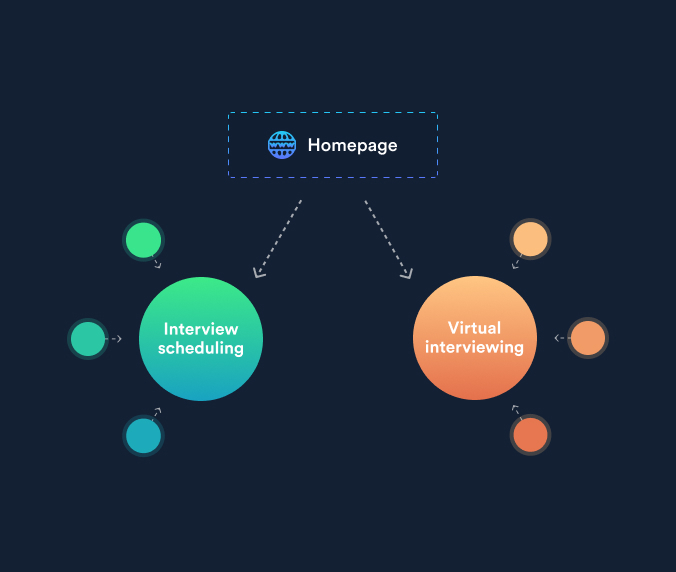
You can leverage a range of audience research strategies: hosting surveys, scouring customer reviews, using AI sentiment-analysis tools, and conducting customer interviews are all good starting points. Internal subject matter experts at your organization can also be strong sources of insight into your audience and what they want to know.
3. Display expertise.
Today, Google can (supposedly) recognize if content simply summarizes what other sites have already published without adding original value. Doing this can negatively impact your rankings.
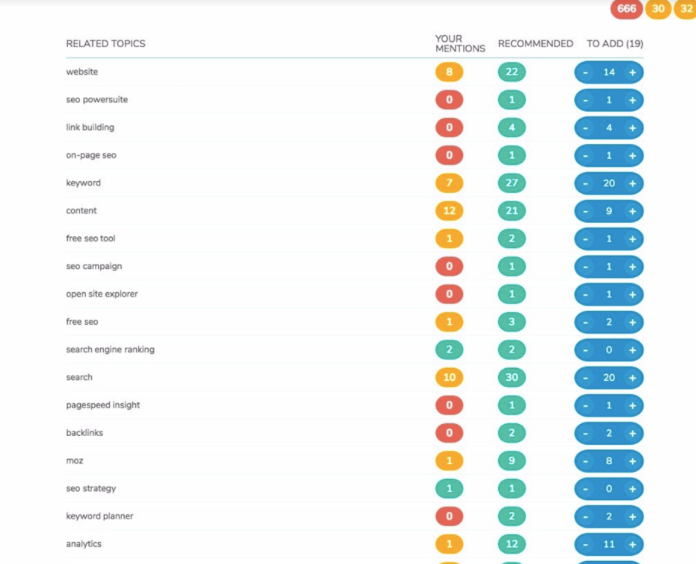
Google advises content creators to prioritize content demonstrating a “depth of knowledge” and firsthand expertise.
4. Prioritize quality over quantity with SEO content.
If a website is creating a ton of low-quality content on different topics, Google may categorize it as “unhelpful,” leading to lower rankings.
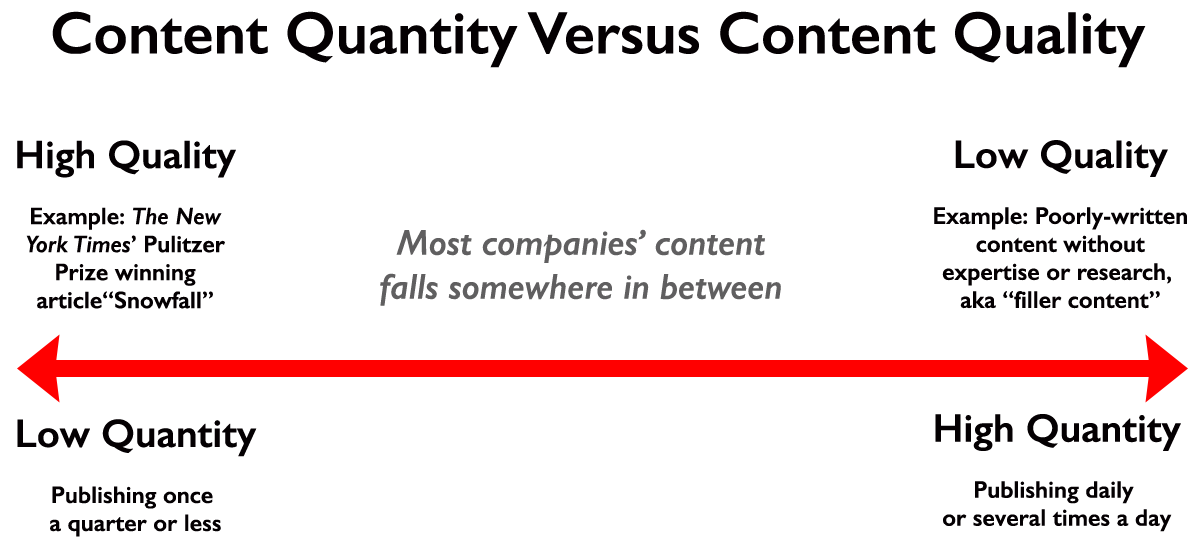
To prevent negative rankings, publish content that offers expertise on a targeted, audience-driven list of topics. These days, when it comes to SEO, a do-it-all strategy can actually hurt, rather than help, your organic search rankings.
5. Don’t rely on AI alone.
According to Google, using “extensive automation” to produce content on various topics can damage your rankings. On X, Danny Sullivan, Google’s public search liaison, wrote, “It’s unlikely some AI content is going to feel written by people without some degree of human review.”
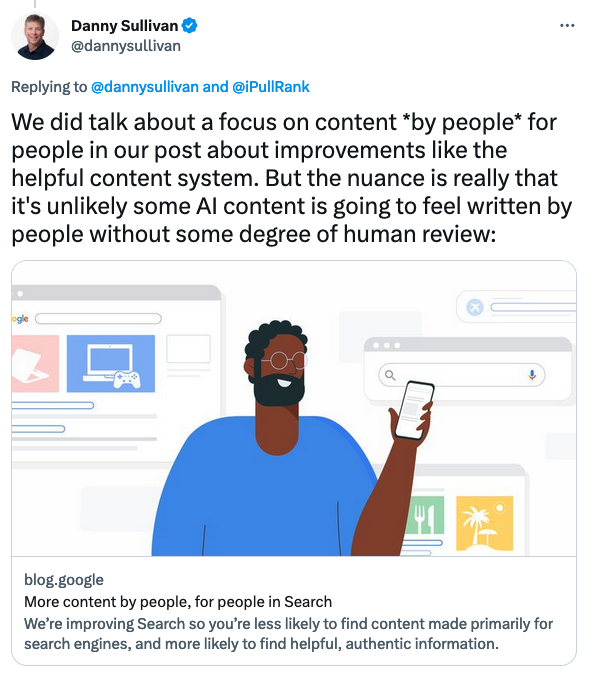
Use AI as a tool to supplement your efforts. But don’t depend on it for solo content creation.
6. Integrate tools into your MarTech stack that influence NLP.
To build a MarTech stack that effectively leverages NLP and improves your content, use tools and technologies that can feed data to an NLP—like Semrush, Hubspot, and Salesforce, to name a few.
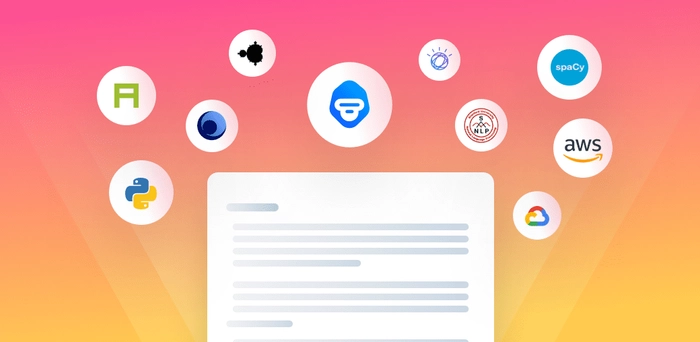
These tools can integrate with NLP tools like Amazon Comprehend, Google Cloud NLP API, and IBM Watson. Other AI-powered tools that integrate GPT-3, like Jasper.ai, can help you create content, but there are certain ethical guidelines you should keep in mind, including the need for thorough fact-checking.
7. Conduct an SEO audit.
According to Google, any content (regardless of value or quality) that originates from a website with a lot of “unhelpful” content overall is less likely to perform well in organic search rankings. Removing unhelpful content from your site can improve the rankings of other content.
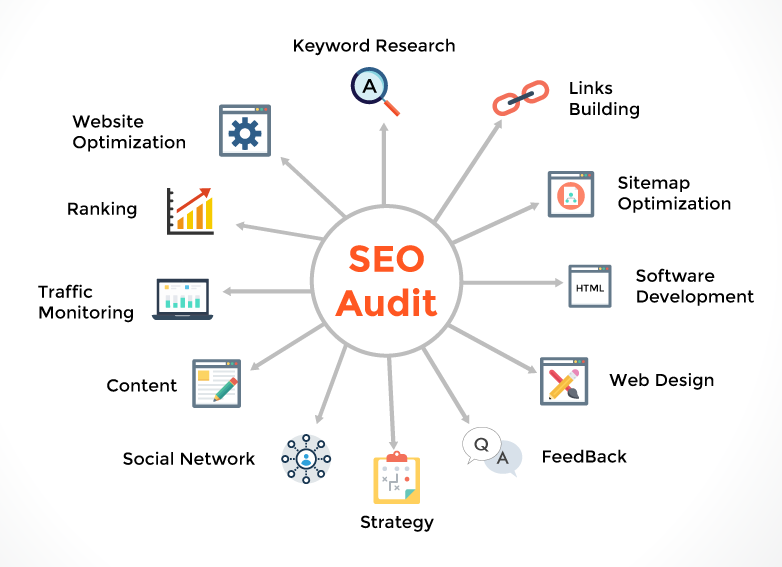
Getting Started with NLP in Content Marketing
Content marketers have long been vulnerable to the temptations of creating content crammed with keywords that deprioritize true value to the user. But that goes against the goals of content marketing in general—and to be honest, it just won’t work in the AI era.
To get the most from your SEO strategy, you need to truly understand the needs of your audience and create high-quality content. Meet your intended readers where they are in their journey and offer a unique point-of-view.
Ask the Content Strategist: FAQs about NLP and SEO
How does NLP affect local SEO and geographically targeted content?
NLP can be a game-changer for local SEO. It helps search engines better understand location-specific language and context, making it easier to serve relevant local results. This means businesses need to focus on natural, conversational content that includes local landmarks, colloquialisms, and regionally specific information to really nail local SEO.
What are the potential privacy concerns or ethical considerations related to the use of advanced NLP in search engines?
The big concern with advanced NLP in search is the potential for increased data collection and analysis of user queries. While the technology can lead to better search results, it also raises questions about user privacy and data protection. There’s also the ethical consideration of potential bias in NLP algorithms, which could unfairly influence search results and the information people see.
How can small businesses or websites with limited resources effectively compete in an NLP SEO landscape?
Small businesses can still compete in an NLP-driven landscape by focusing on quality over quantity. Create content that genuinely answers your audience’s questions and showcases your expertise—NLP algorithms love that stuff. Don’t be afraid to get specific and local; sometimes, a well-optimized niche can outperform bigger competitors with generic content.
Sign up for The Content Strategist newsletter to stay up-to-date on the latest trends in content marketing like NLP optimization in SEO.




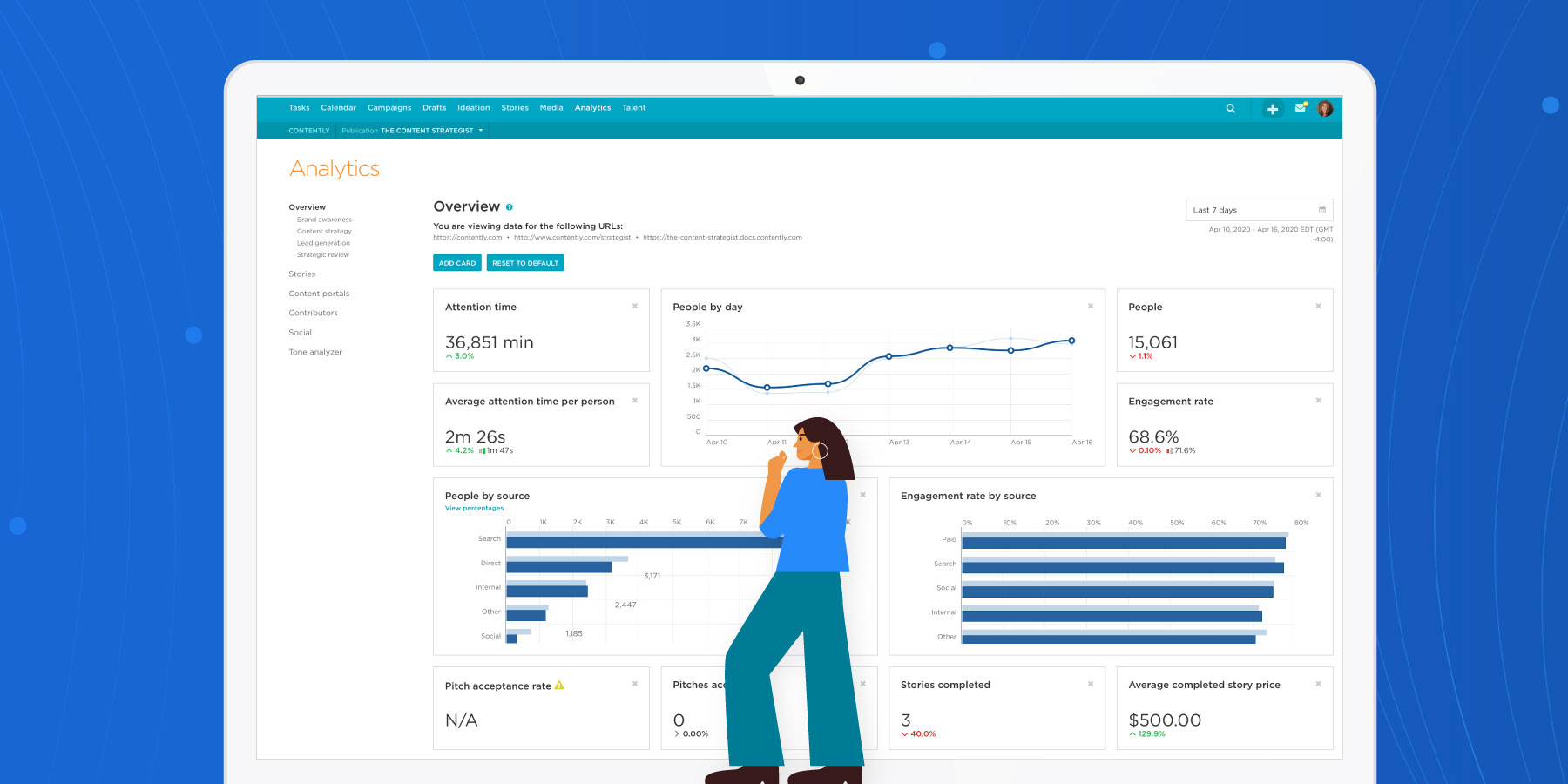


Leave a Reply